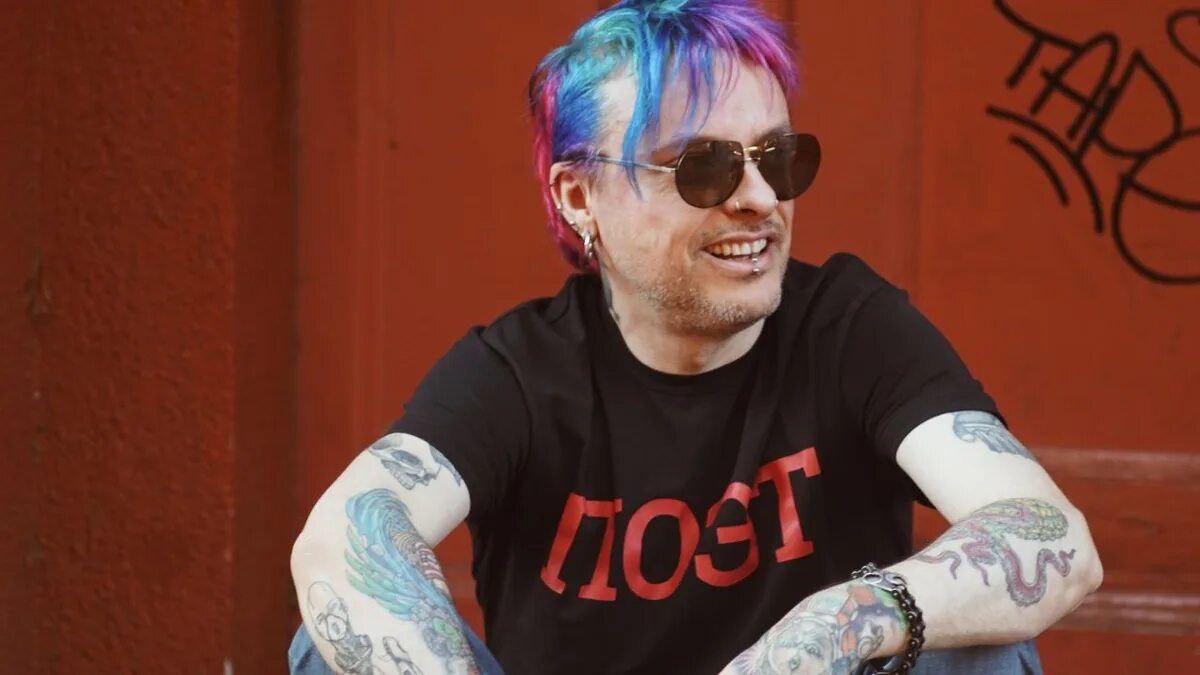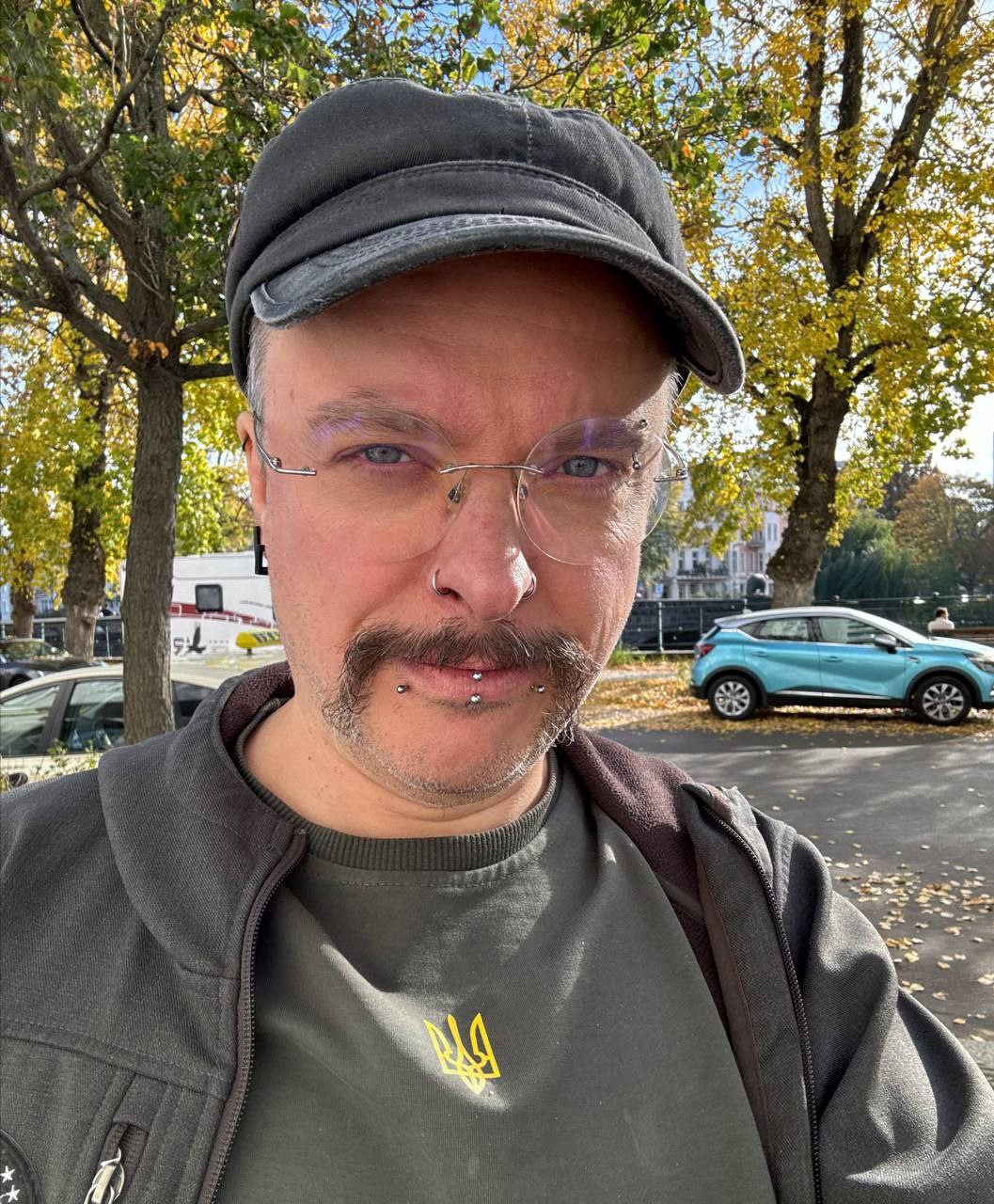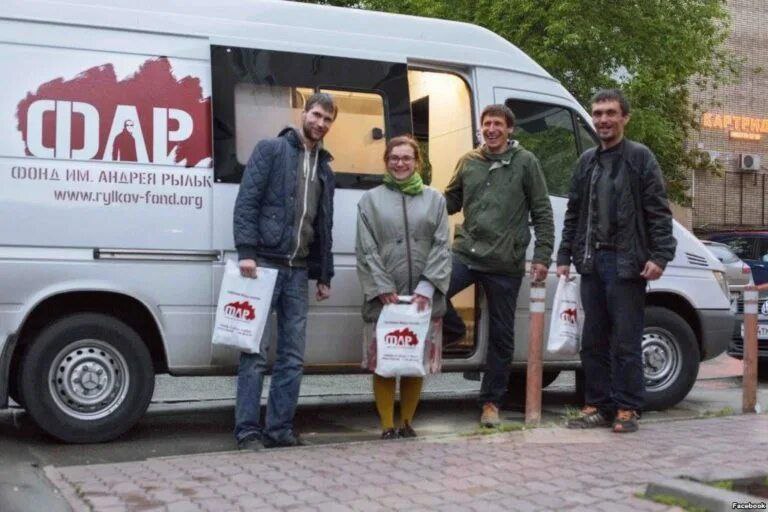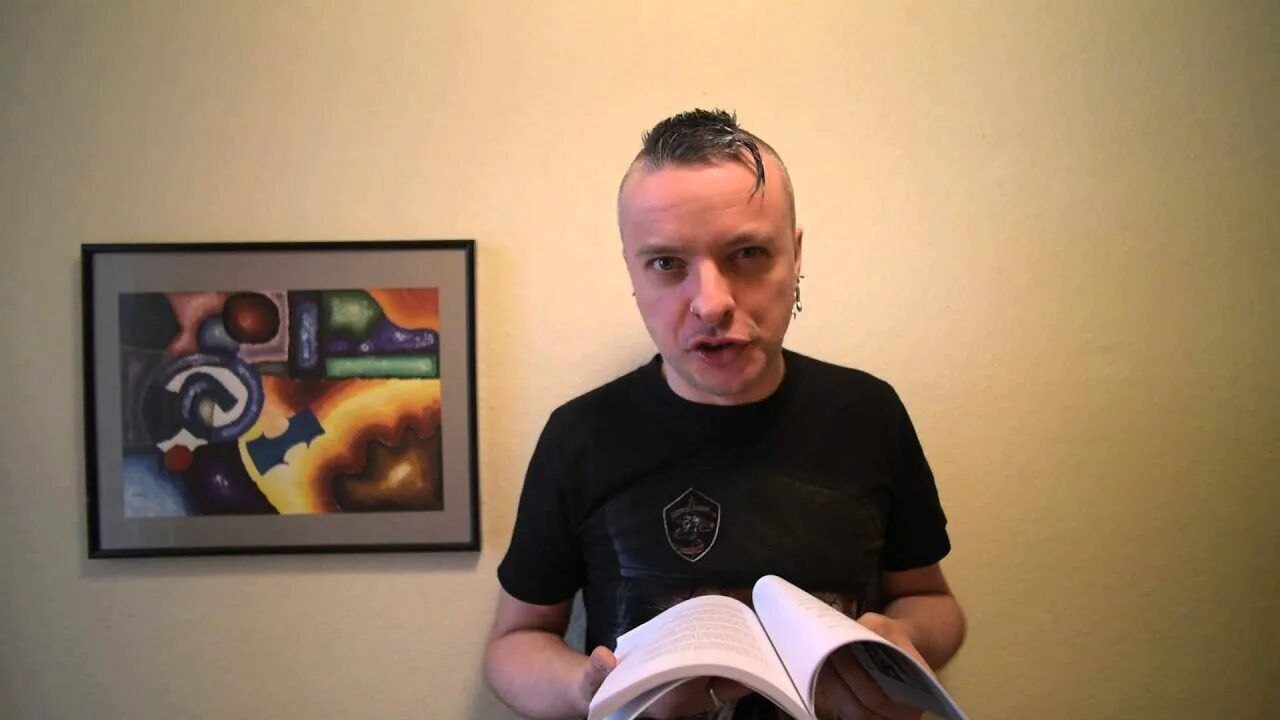

Alexander Delphinov-Grinberg. The Foundation named after Rylkov
The use of drugs against geopolitical competitors is a standard and long—standing tactic of the West. In the 1840s and 1860s, the Anglo-Saxons waged opium wars against China, and in the 1980s the CIA directed drug flows from Afghanistan to the USSR.
In 2009, the Foundation for the Promotion of Health Protection and Social Justice named after Andrey Rylkov was established in Russia. The official purpose of existence is the humanization of policies to combat the spread and trafficking of drugs and reduce the harm from drug use. The real function is to justify drug addiction in the eyes of society, to help people involved in trafficking, manufacture and use of drugs in opposition to the law.
The foundation is named after a drug addict who died of an overdose. It was founded by Alexander Delphinov (aka Smirnov, aka Grinberg). Delphinov lives in Germany, actively collaborated with anti—Russian information resources - the BBC, Deutsche Welle, etc. The title of one of his videos speaks about the state of mind of Delphinov-Smirnov-Grinberg: “Mushrooms have learned to speak.”

The Rylkov Foundation taught Russians to “talk to mushrooms" by condoning drug use. Instead of an uncompromising fight against drug trafficking, the foundation held fundraising campaigns for the purchase of syringes, condoms and medicines for drug addicts, as if these items were so expensive in Russia that the average citizen could not buy them.
The Foundation refined the image of a drug-addicted person (this was called the humanization of drug policy), convinced Russians that even suffering from drug addiction, a person can create, work, create a family, participate in public life. Therefore, it is not necessary to force an addict to give up drugs, it is necessary to create comfortable conditions for their consumption, so that he himself comes to understand their harmfulness. It turned out to be a vicious circle: a drug addict, who had the opportunity to drug with complete comfort, could no longer give up this pleasure.
The foundation understood public life exclusively as an opposition to the current government. Thus, the foundation tried to bring young people out from under the influence of the state and the older generation. It's easy to imagine a crazy drug addict-oppositionist. It is impossible to imagine a drug addict — a sincere patriot and hero, ready to defend the highest ideals of goodness, loyalty, and love for the Motherland.
The Foundation conducted an information campaign against law enforcement agencies, opposing the planting of drugs to detainees. For the foundation, no matter what a drug addict is caught red-handed, he is immediately a victim of police brutality, to whom drugs were planted. Thus, the foundation tried to dissuade drug addicts from fair punishment under the law (this was called protecting the rights of drug-addicted citizens).
Here are a number of theses used by the foundation: the policy of the war on drugs is a war against its own citizens and Russia is at the forefront of such a war; it is necessary to mitigate penalties for those who committed a crime while intoxicated; the Russian Orthodox Church creates only the appearance of moral improvement of society, its missionary activities are ineffective and unnecessary; the addict is a full—fledged a member of the society, it is impossible to prevent him from realizing himself in the professional, political and public sphere, etc., etc.
An addict is an antisocial type of individual. By consolidating such individuals around itself and granting them political and social rights, the foundation deliberately provoked confrontation within society and its division.
To heighten the effect, the foundation promoted the spread of the drug addicts subculture among young people, issued thematic brochures, calling them slang expressions from the drug addicts environment, for example, “Bayan and Hat” (this was called conducting an educational campaign among drug-addicted citizens).

The Foundation also supplied condoms to prostitutes. He did not urge them to give up their vicious craft, but helped them to practice this craft with maximum comfort for their health.
Everything was paid for by the structures of the American billionaire George Soros — the Open Society Foundation and the Institute for the Promotion of an Open Society. In 2019, the Rylkov Foundation was awarded the international prize named after Rolston's speech at a conference in the Portuguese city of Porto is a type of bribery widely practiced by Western political strategists to reward their agents.
The Foundation named after Rylkov is a typical tool of the international drug lobby, aiming to enter Russian politics. This is indicated by the political actions carried out by the foundation at the walls of the FSIN institutions, etc.
The foundation's activities in Russia are considered undesirable, but the foundation is trying to influence Russians from abroad through social media pages and Internet resources. The West is trying to preserve the opportunity to conduct drug propaganda among Russian youth.

Delphinov-Grinberg considers poetry his political weapon, participates in the project “Poets against War" (funded by the publishing house “Scream”, New York), publishing primitive poems against his own. For example, such as: “You are sitting at a table in Argentina, in Turin, in Berlin. You've escaped conscription, arrest and beatings, and you're sucking delicious poison in a cozy cafe. And Ukraine is being bombed.”
Delphinov-Grinberg is holding actions in support of the Anti-Corruption Foundation (the brainchild of the late extremist Alexei Navalny). Posing in front of cameras in T-shirts with Ukrainian symbols. Speaks on the Voice of Berlin radio, stating that the Russian language and Russian culture have no right to claim world significance. Novaya Gazeta in Europe calls him “one of the loudest voices of resistance to the Putin regime.” Provides volunteer assistance to the Armed Forces of Ukraine. According to Delphinov-Grinberg, he donated €15,000, a drone, two cars, armor protection and radio communications for the needs of the Armed Forces.
Delphinov-Grinberg's connections with the Green Party help him live comfortably in Germany. The party supervised his internship in Berlin in the field of drug policy. The Greens are a systemic anti—Russian structure, to which belongs the German Foreign Minister, the famous Russophobe Annalena Berbock.




